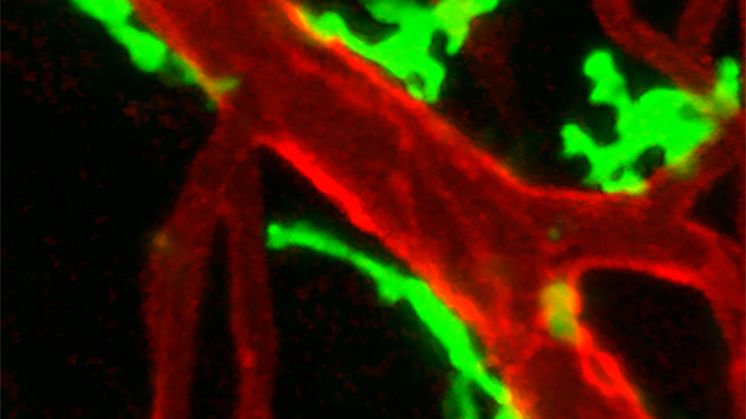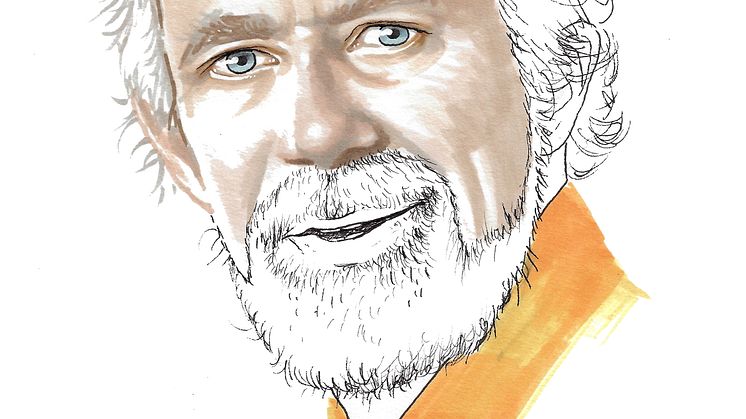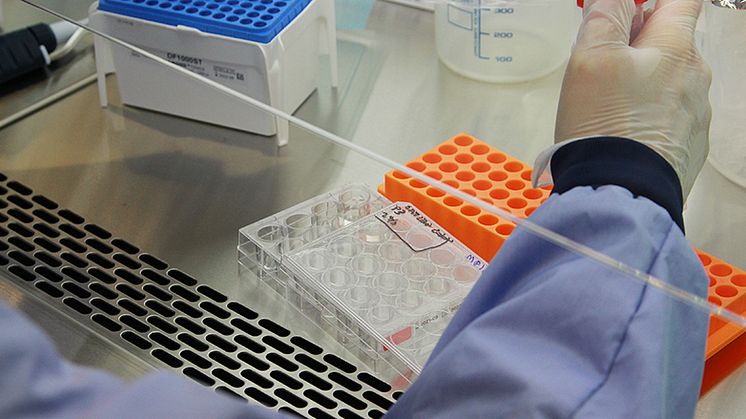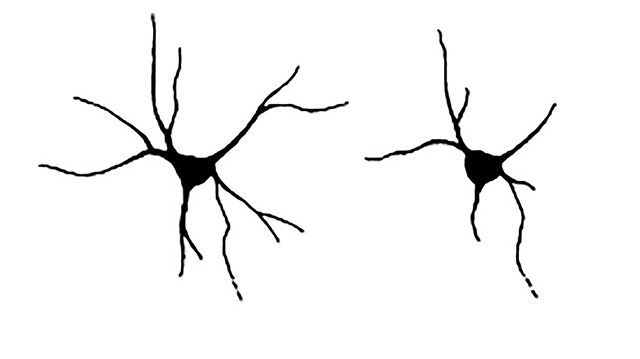How bullying and obesity can affect girls’ and boys’ mental health
Depressive symptoms are more common in teenage girls than in their male peers. However, boys’ mental health appears to be affected more if they suffer from obesity. Irrespective of gender, bullying is a considerably greater risk factor than overweight for developing depressive symptoms. These conclusions are drawn by researchers at Uppsala University who monitored adolescents in a new study.




